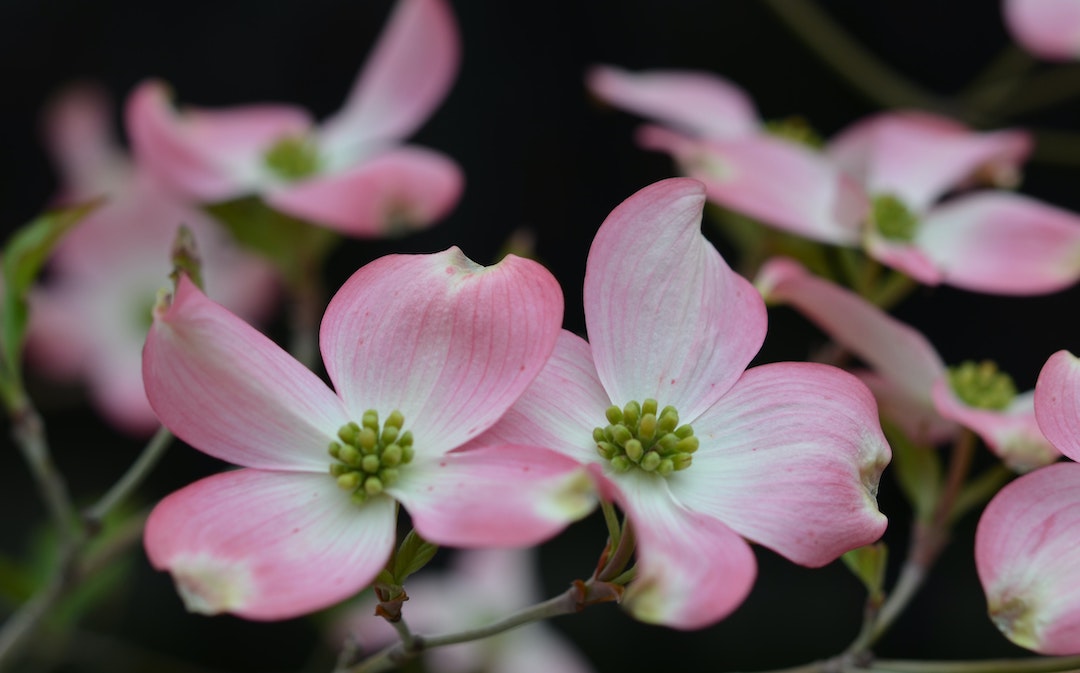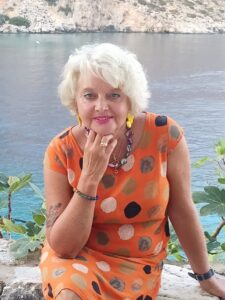The Earthquake and my Brain
By Domnica Radulescu

Time has been a long formless dough stretching from one end of the world to another, the days all mashed up into this mushy paste, Monday Sunday Thursday Monday all over again, it could be March it could be May yet it is unmistakably spring – blooms and blossoms over deaths and common graves.
In a dream, I stick my own hand deep inside my own brain like my hand was a probe and my brain a red throbbing mass which contains the compounded realities of my life, my memories, the imprints of everything I had lived since the day of my birth until today. I pull out one after the other, with agile, surgeon-like hands, a different side of my own self. Each side of myself is a living creature. I pull out one such living creature after another, while my brain is screaming No, no, stop! Don’t tear me apart. I need you; I need all of you. What am I going to do with all this empty mass of flesh? And yet the probing excavating hand is relentless.
It’s March of 1977 and the daffodils and forsythia are in bloom, an orgy of yellows. In my sixteenth year of life, I survived the great earthquake of 1977. In less than a minute the historic center of old Bucharest, my native city became a war zone, a sea of rubble and decapitated buildings, thousands of corpses hidden under bricks, people still alive, and hearts still beating trapped under tons of cement and smashed furniture. It is March and the first spring flowers are coming out, pushing its yellow daffodils and its bright pink hyacinths through the wounded earth, through the gaping cracks and dislocated tectonic plates.
That night we all go out of the house and descend the five floors of our building through the thick dust of rubble and jets of waters bursting out of broken pipes. Bucharest smells like blood and the dust from the tattered and collapsed buildings fills the air with a thick white curtain. Large masses of people move through this city of rubble and ruin slowly, in a daze, in a thick spatial and existential confusion. Familiar streets look unrecognizable, and we aren’t sure what to do first: mourn for all the dead under the rubble or rejoice at our survival. Just like the bright pink flowers coming out of the cracked earth are filled with the blood of the dead, the crowds pouring into the streets are a strident mixture of life and death, grief, and joy.
It is past nine in the evening to be precise; the streets and the air have a sinister light, whitish, the air an oppressive thickness to it. When we walk out of our building, we see that the building right across the street, which happens to be the Ministry of Railroad Transportation, has crumbled to the ground. “At least there were no people since it’s just offices,” my father says. “It was a new building, built by the communists, I bet the old buildings in the center are all standing,” he continues.
We walk slowly towards the center with the throngs of people just as dazed as we are, in what feels like a colossal national funeral procession. It turns out it is exactly the old buildings, the pride of Bucharest pre-war architecture, with their classical-style that have given my native city the nickname of “the Little Paris of the Balkans,” that are either crushed to the ground or half-collapsed with their bellies wide open, obscenely showing the entire world its messy contents: toilets, wardrobes, bathtubs, broken furniture and fixtures, clothes, pipes, the entrails of the city all hanging at the edges of fractured structures, ready to tumble to the ground yet still holding on, precariously suspended at the edges of broken walls. Irony of all ironies, it is the Communist buildings, the ugly prison-like blocks that have withstood the earthquake all standing proudly. My father is dumbfounded, almost sorry it wasn’t them that collapsed, but surely, he’ll find another reason to curse the communists.
We pass by the Scala cinema where I have seen some of my favorite American movies with my college friends, and the famous bakery where we could occasionally delight in a chocolate mousse cake on our way out from classes, on a lucky day when the shelves weren’t all empty. Crumbled to the ground with all the cakes and movie reels and screens crushed underneath. I wondered then what happened to all the cakes, some hidden from regular customers for special Party and secret police customers. Days later we found out on national television that some people trapped in the cellar of the building had survived on whipped cream and chocolate mousse. They had themselves a sugar party under the ruins of the famous Scala building.
On our way to my aunt Mimi’s apartment, we pass the elegant edifice of the American Embassy which holds the famous library that I visit often to borrow American novels at the risk of being written up by the secret police for illegal contacts with foreign capitalist institutions. It is still standing, and the American flag flutters in the evening spring breeze. I think of our friend Zoila, the woman we had met at the Black Sea beach a couple of years before, and who six years later, is going to sponsor us to immigrate to that Mecca of Western civilization that is the country of this flag fluttering in the thick whitish air of this catastrophic spring. Had I known then what I know now of the country with this flag, of its greed, its ruthless crowds cheering for a sinister strong man in mindless enthusiasm, its homeless, its lousy healthcare, its violence, its prisons, its cages for immigrant children, would I have still wanted to leave everything and build an entire life, more than three decades of a lifetime with career and children and ex-husbands and private property?
My brain is all confused and writhing under the weight of woken memories as my surgeon hand keeps poking and excavating to its rawest core. It says: What does it matter, what does it matter? It keeps repeating that it doesn’t matter, that I should just take it all in strides – big strides, small strides, one day at a time, one hour at a time, enjoy all the shapes of my life while I still can. It’s lousy everywhere.
Don’t get lost in the depths of me. Let me be. Give me air. Let the memories sleep; let the tectonic plates settle, says my brain.
But brain, I say, there are some places better others, maybe I came to the wrong country. Plus, my memories are precious, they are who I am. They are my story, myself, who would I be without my memories?
And my rascally, my shameless brain keeps urging me to move on, Yes, keep them for keepsake like pictures in an album, but you are not your memories, you are you, this mature female treading the earth you made your home, this is you, right here right now. This brain of mine is full of maddening contradictions. I pull my hand out of its viscous red mass of flesh and I close that wound, the gap I made with my reckless curious hand. I take the old album of photographs of my Romanian youth and childhood, the pictures that I hid at my chest when I ran away that canicular September day, and I slowly leaf through it as I watch the flowering dogwoods in my backyard.
The same earth, the same tectonic plates, under the same golden sun, the same capricious moon, the same brilliant stars.
 Domnica Radulescu is a Romanian American writer of fiction, creative non-fiction, and plays. She is the author of three critically acclaimed novels: Train to Trieste, Black Sea Twilight, and Country of Red Azaleas. Train to Trieste was published in 13 languages and received the 2009 Best Fiction Award from the Library of Virginia. She is twice a Fulbright scholar.
Domnica Radulescu is a Romanian American writer of fiction, creative non-fiction, and plays. She is the author of three critically acclaimed novels: Train to Trieste, Black Sea Twilight, and Country of Red Azaleas. Train to Trieste was published in 13 languages and received the 2009 Best Fiction Award from the Library of Virginia. She is twice a Fulbright scholar.
